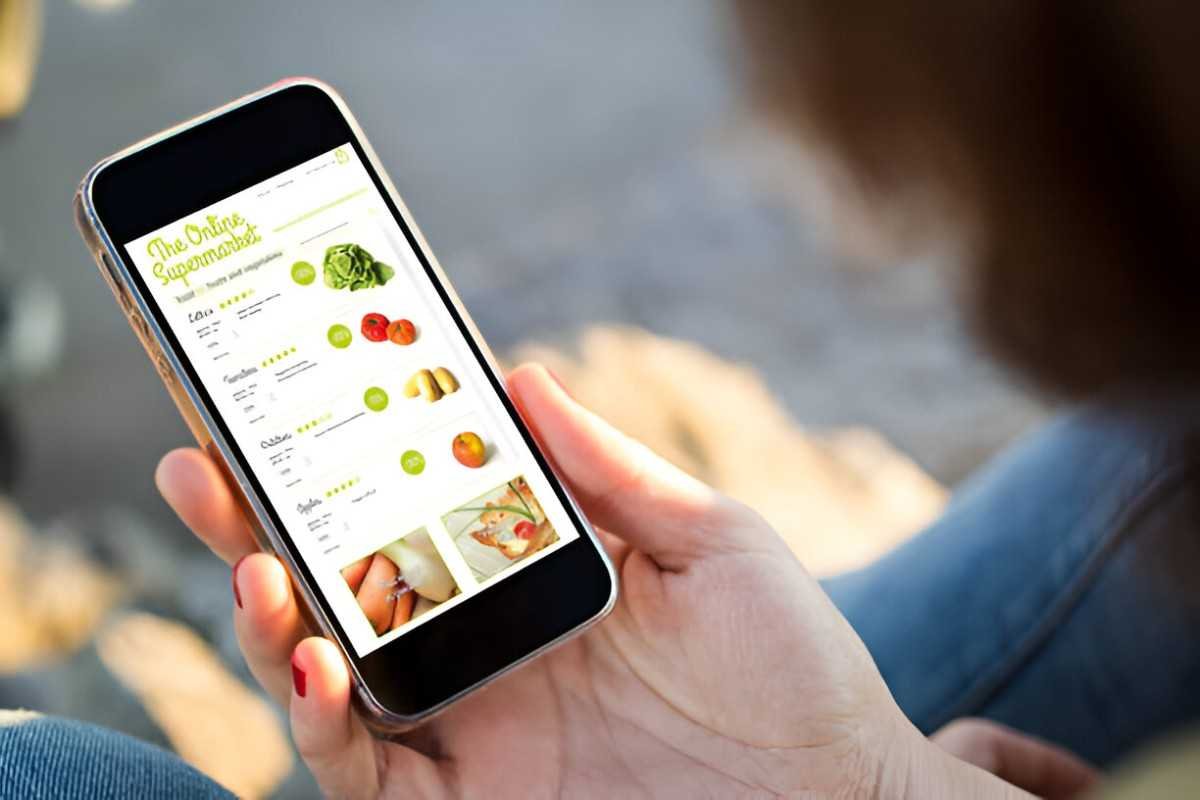Making sustainable food choices is one of the most effective ways to reduce our environmental impact. With the rise of technology, several apps have emerged to help us make informed decisions about what we eat. I have explored numerous apps designed to assist individuals in making sustainable food choices, and in this article, I will share my findings.
Table of Contents
Why Sustainable Food Choices Matter
Choosing sustainable food supports the environment, helps local farmers, and promotes better health. Unsustainable food production contributes to deforestation, water pollution, and greenhouse gas emissions. By opting for sustainable alternatives, we can reduce waste, conserve resources, and ensure food security for future generations.
Key Features to Look for in a Sustainable Food App
When choosing an app to guide sustainable food choices, I consider these factors:
- Sourcing Information: Does the app provide details on food origin and sourcing practices?
- Carbon Footprint Tracking: Can the app track the environmental impact of food choices?
- User Interface: Is the app easy to use and navigate?
- Product Database: Does the app cover a wide range of food products?
- Personalization: Can users tailor recommendations to their preferences?
Comparison of Top Sustainable Food Apps
To help you decide which app suits your needs, I have compared some of the best options available.
| App Name | Key Features | Platform | Cost |
|---|---|---|---|
| Ecolabel Guide | Food label interpretation | iOS, Android | Free |
| HappyCow | Vegan and sustainable restaurants | iOS, Android | Free/Paid |
| Too Good To Go | Food waste reduction | iOS, Android | Free |
| Buycott | Ethical brand scanning | iOS, Android | Free |
| Giki | Carbon footprint tracking | iOS, Android | Free |
1. Ecolabel Guide
I find Ecolabel Guide helpful when I need to understand food labels. The app decodes various certifications and sustainability claims, making it easier to identify truly sustainable products. Whether I am at the grocery store or shopping online, it helps me avoid greenwashing and choose products with credible sustainability certifications.
2. HappyCow
HappyCow is ideal for those seeking plant-based dining options. I often use it to locate vegan and vegetarian-friendly restaurants that prioritize sustainability. The app also includes reviews and photos from other users, helping me make informed choices when dining out.
3. Too Good To Go
Food waste is a significant issue, and Too Good To Go offers a practical solution. The app connects users with restaurants and grocery stores that have surplus food, which can be purchased at a discounted price. I appreciate how it not only saves money but also reduces food waste and its environmental impact.
4. Buycott
Buycott allows me to scan product barcodes and see if they align with my sustainability values. The app provides detailed information about the brand’s ethical practices, including their stance on environmental policies, animal welfare, and fair labor practices. I like how it empowers me to make conscious purchasing decisions.
5. Giki
Giki is a great tool for tracking the carbon footprint of my food choices. It provides sustainability ratings based on environmental impact and ethical considerations. I use it to identify products with lower carbon emissions and support brands that prioritize sustainability.
Other Noteworthy Sustainable Food Apps
| App Name | Key Benefits |
|---|---|
| Farmstand | Supports local farmers markets |
| Seasonal Food Guide | Shows what produce is in season |
| OLIO | Food sharing to reduce waste |
| HowGood | Product sustainability ratings |
How to Use Sustainable Food Apps Effectively
Using these apps effectively requires a few strategic steps. First, I make sure to check labels and scan products before purchasing. This helps me understand the sustainability credentials of different products. Second, I regularly update my preferences in the apps to get more personalized recommendations. Lastly, I try to integrate multiple apps to cover various aspects of sustainability, such as waste reduction and ethical sourcing.
Challenges in Choosing Sustainable Food Apps
While these apps provide valuable information, they do have some limitations. Some apps lack comprehensive product databases, making it difficult to find specific items. Others may have biases based on their partnerships with certain brands. Despite these challenges, using these apps can still guide better decision-making.
Tips for Making Sustainable Food Choices Without Apps
While apps are helpful, there are other ways to make sustainable food choices. I focus on eating locally sourced foods, reducing food waste by planning meals effectively, and opting for seasonal produce. Additionally, I try to minimize packaging by buying in bulk and choosing reusable containers.
The Future of Sustainable Food Apps
As technology evolves, I expect sustainable food apps to become more advanced. Future apps may incorporate artificial intelligence to provide more accurate sustainability assessments. They may also offer augmented reality features to give users an immersive experience while shopping.
Conclusion
Sustainable food choices are essential for a healthier planet, and technology provides us with valuable tools to make informed decisions. By using apps like Ecolabel Guide, HappyCow, Too Good To Go, Buycott, and Giki, I can navigate the complexities of sustainability with confidence. Each app serves a unique purpose, and integrating them into daily life can lead to more responsible consumption habits.





